 Black resistance to white supremacy is often reduced to a simple binary, between Dr. Martin Luther King Jr.’s nonviolence and Malcolm X’s “by any means necessary.” In We Refuse, historian Kellie Carter Jackson urges us to move past this false choice, offering an unflinching examination of the breadth of Black responses to white oppression, particularly those pioneered by Black women.
Black resistance to white supremacy is often reduced to a simple binary, between Dr. Martin Luther King Jr.’s nonviolence and Malcolm X’s “by any means necessary.” In We Refuse, historian Kellie Carter Jackson urges us to move past this false choice, offering an unflinching examination of the breadth of Black responses to white oppression, particularly those pioneered by Black women.
The dismissal of “Black violence” as an illegitimate form of resistance is itself a manifestation of white supremacy, a distraction from the insidious, unrelenting violence of structural racism. Force — from work stoppages and property destruction to armed revolt — has played a pivotal part in securing freedom and justice for Black people since the days of the American and Haitian Revolutions. But violence is only one tool among many. Carter Jackson examines other, no less vital tactics that have shaped the Black struggle, from the restorative power of finding joy in the face of suffering to the quiet strength of simply walking away.
We Refuse offers a fundamental corrective to the historical record, a love letter to Black resilience, and a path toward liberation. [Publisher’s description.]
Praise
We Refuse changes the way we understand the contours and legacy of the Black freedom struggle. Blending fierce analysis with touching personal vignettes, Kellie Carter Jackson’s essential new book enhances the most pressing debates of our time and will stay with readers long after they finish. — Elizabeth Hinton, author of America on Fire
Kellie Carter Jackson taps the wellsprings of memory, archives, oral histories, literature, imagination, and personal experience to tell a very Black story of armed resistance, strategic retreat, unbreakable resolve, and joyous rapture. Reading this book will cause discomfort in some folks, provoke cheers in others. But I doubt anyone will be able to put it down. — Robin D. G. Kelley, author of Freedom Dreams
ISBN: 9781541602908 | Seal Press (CA)
Classroom Story

We used Dr. Kellie Carter Jackson’s “5 Forms of Resistance” from her book We Refuse: A Forceful History of Black Resistance as a framework for analyzing the actions of student strikers at SFSC in the fight for ethnic studies. This is a framework we will use throughout the year when we study resistance and collective action or engage in that work ourselves. As a teacher, I know that I need to make more time for joy in the classroom and our studies, and this framework supports that.
Students are going to be asked to use this framework in their creative retelling of the “Fight for Ethnic Studies” using a Pixar short story structure. The various forms of resistance they see in their research, including from the film Agents of Change, will act as evidence in their story.
Students engaged so thoroughly with the work and were inspired by the myriad of ways we can resist, refuse, and care for one another. Ultimately, they saw the power of solidarity and collective, diverse resistance as an antidote to the violence of systemic racism and white supremacy.

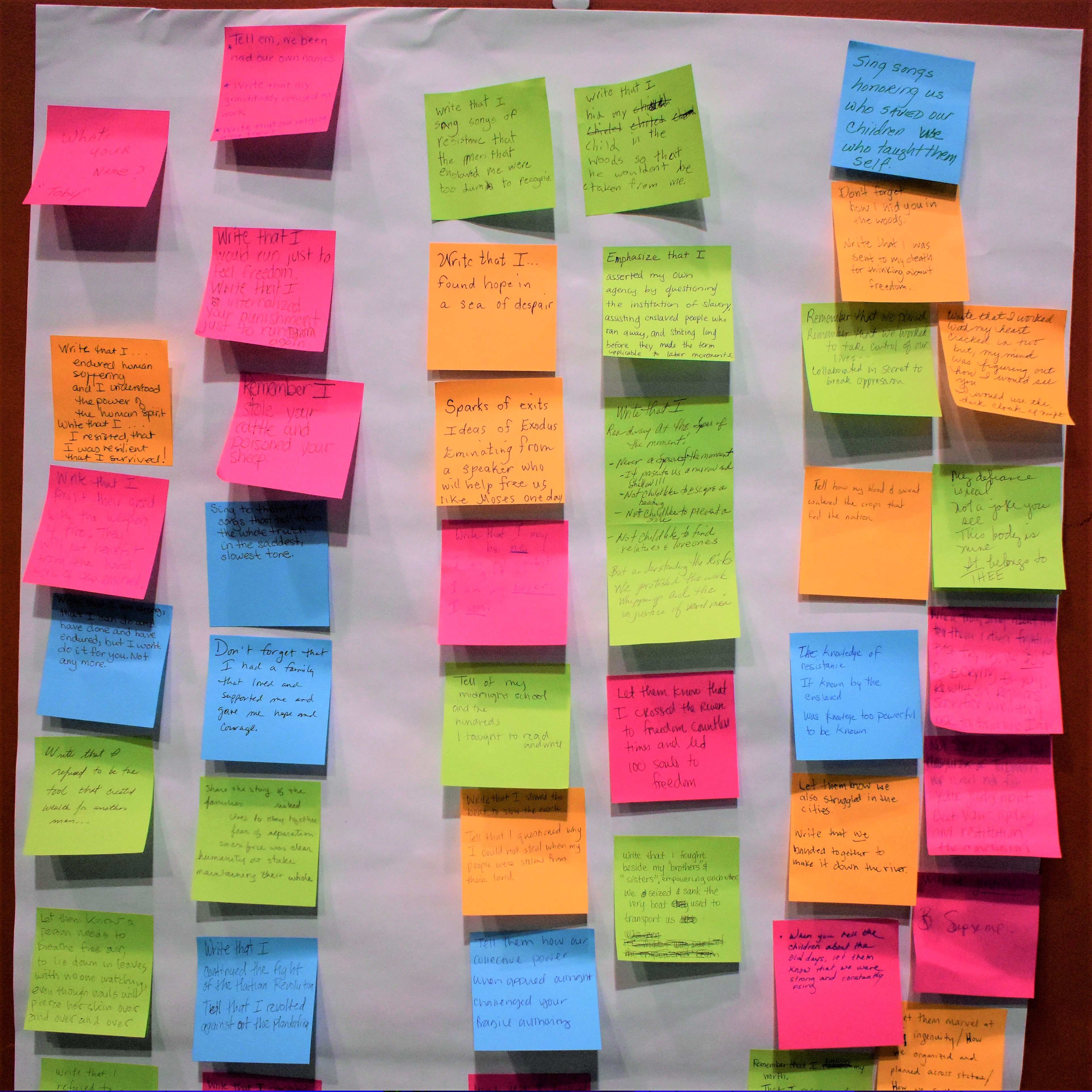

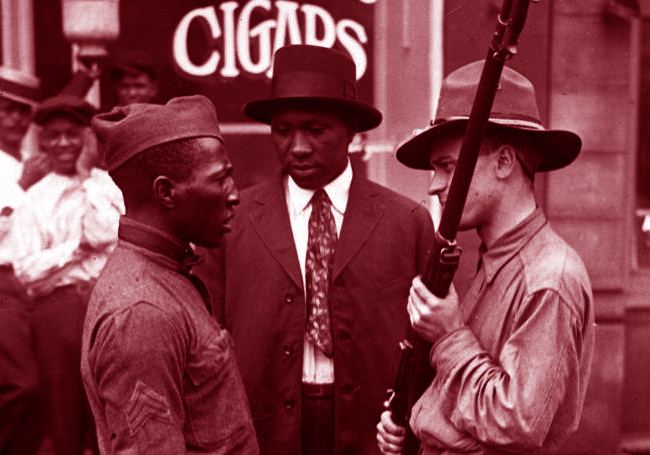
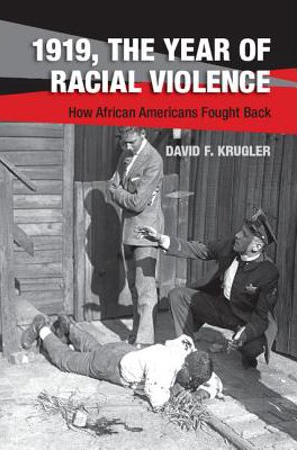
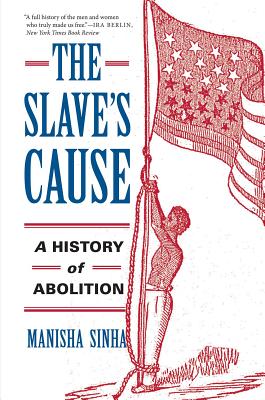

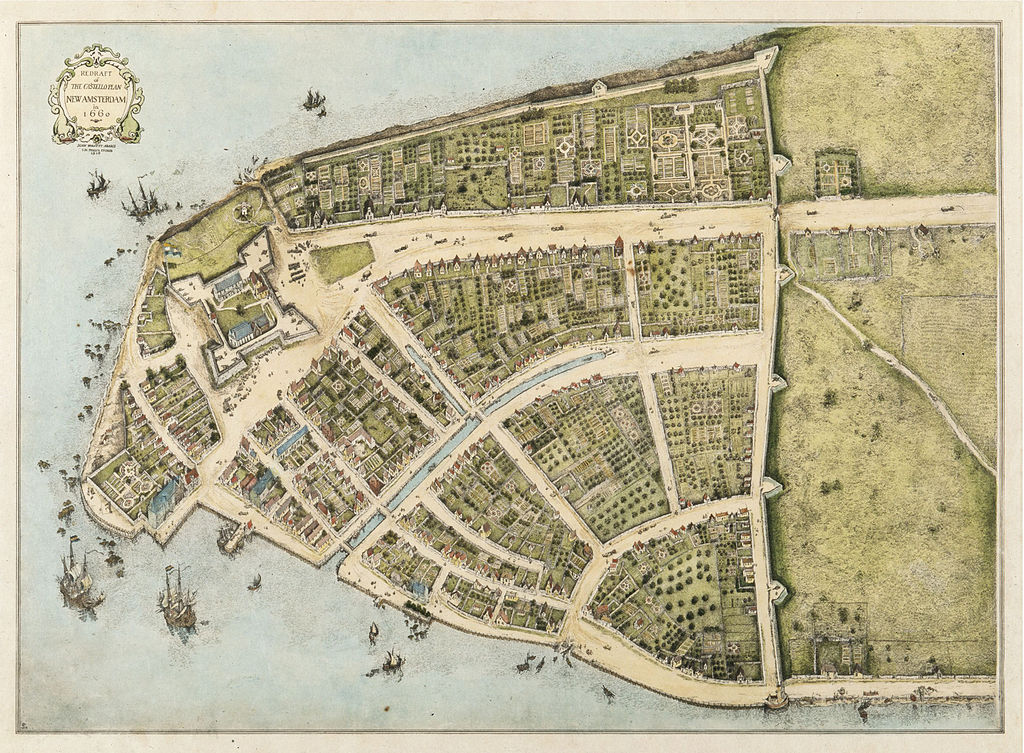
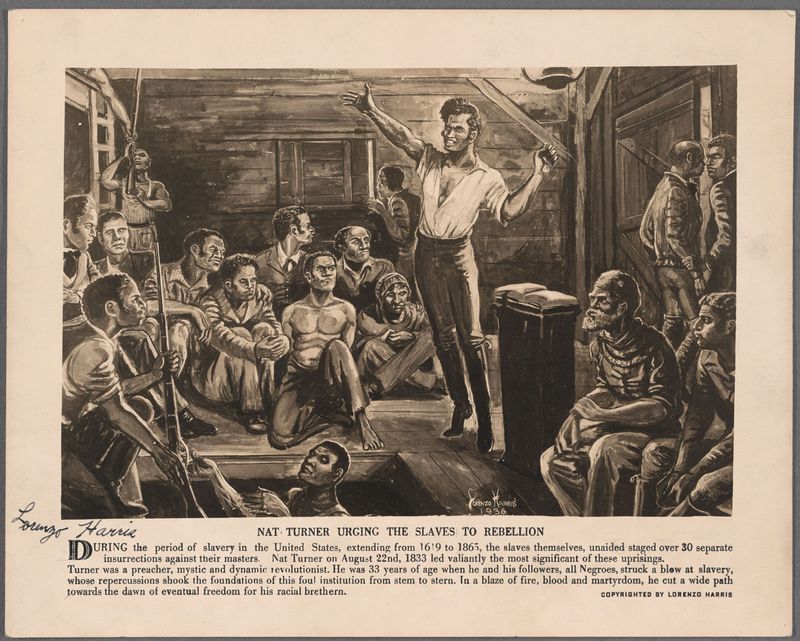
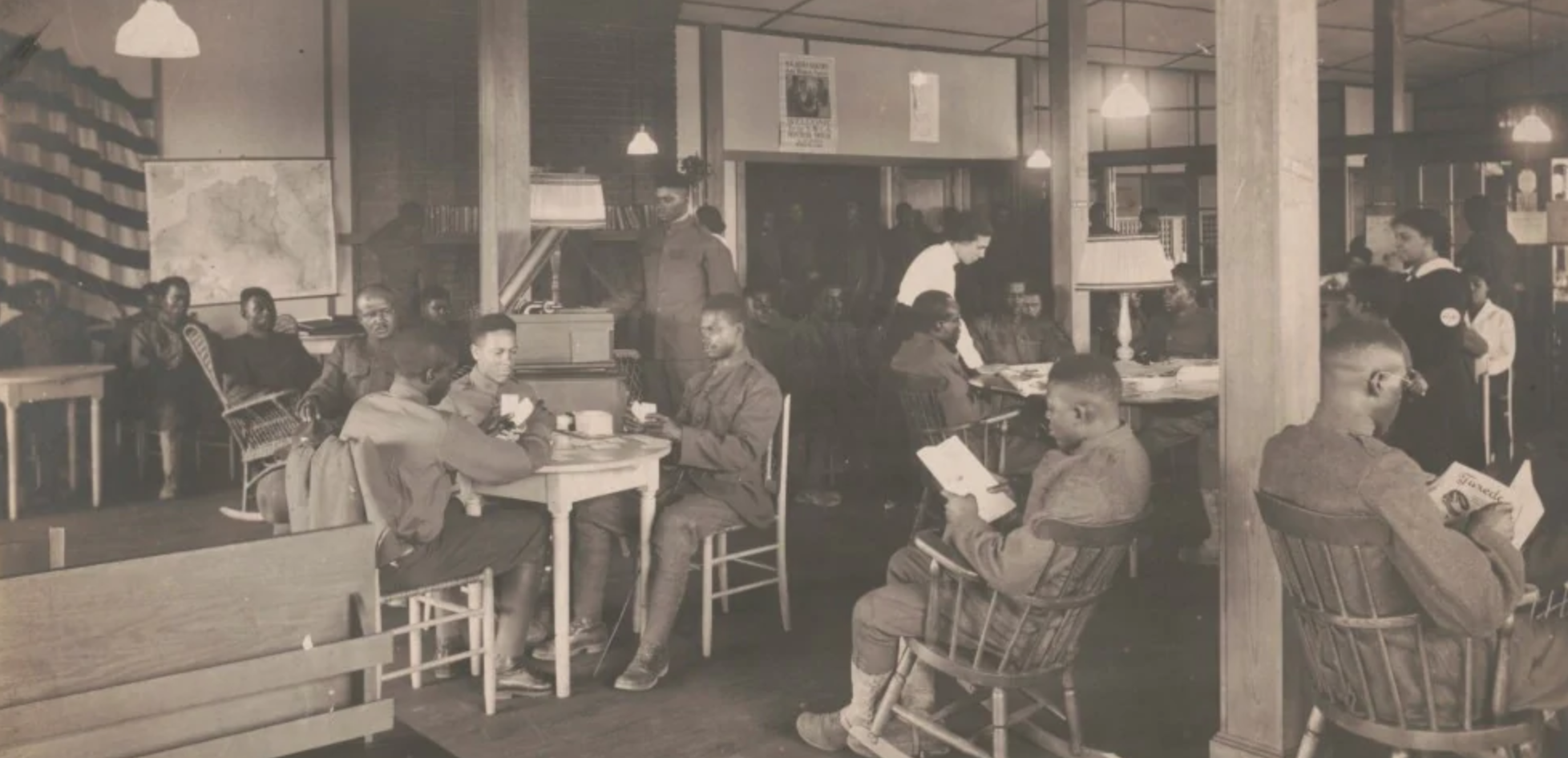






Twitter
Google plus
LinkedIn